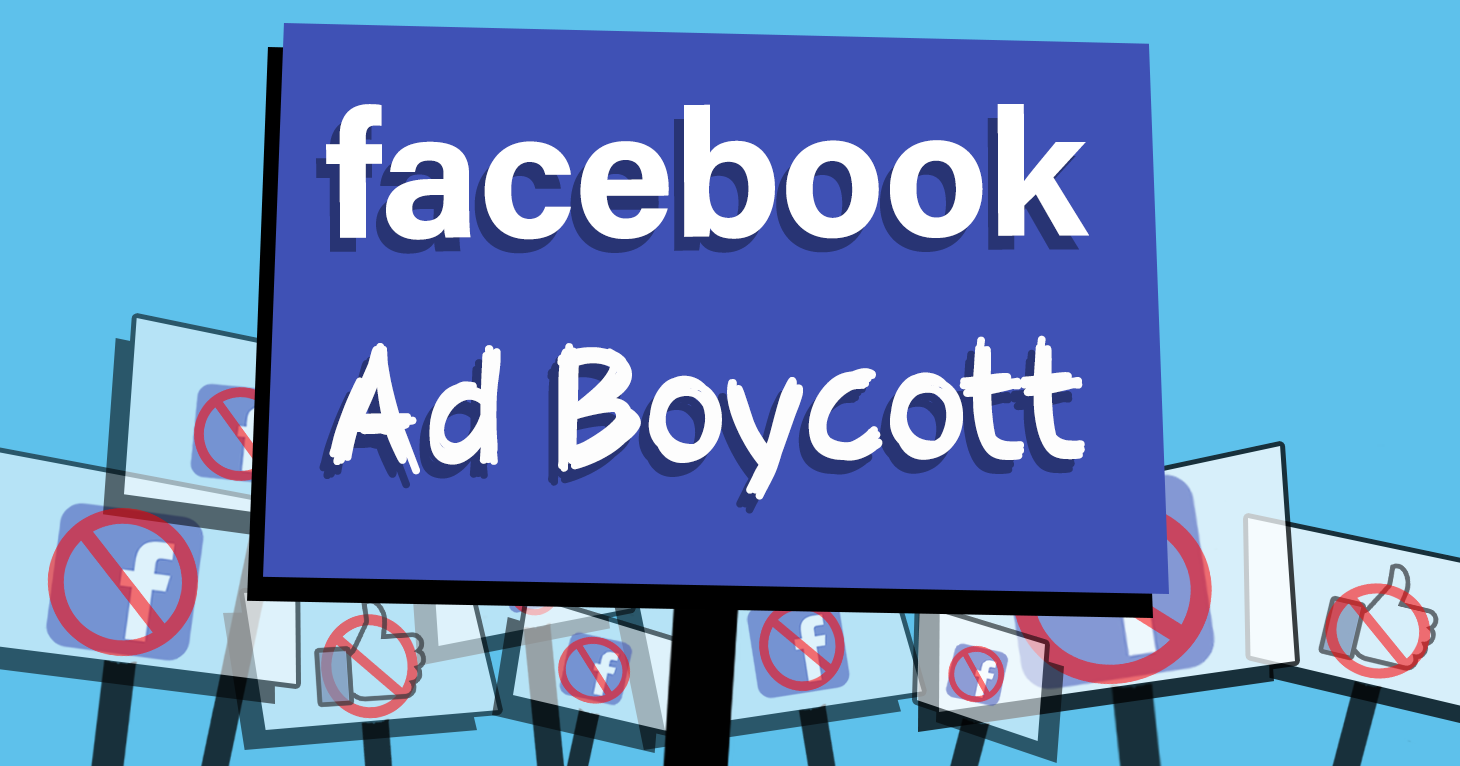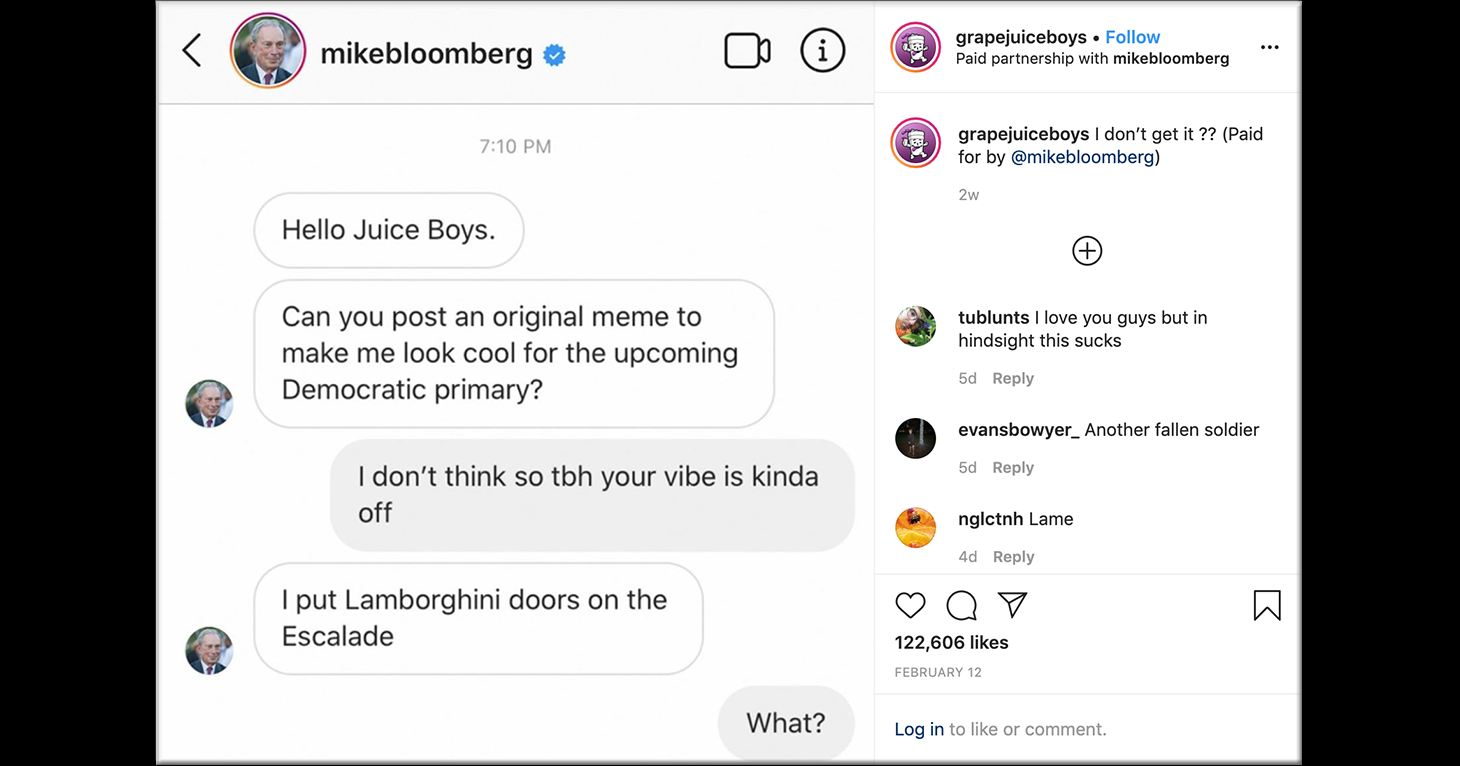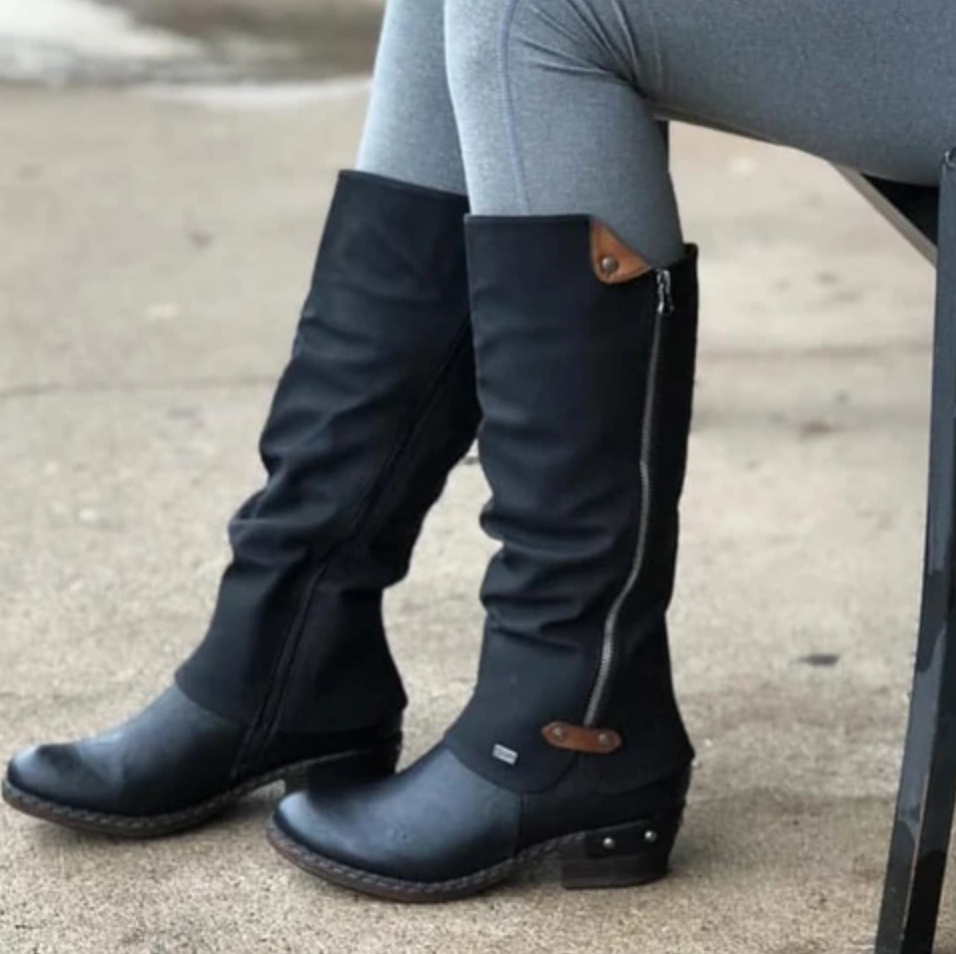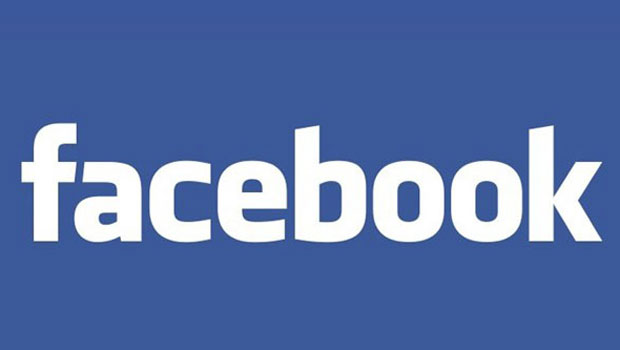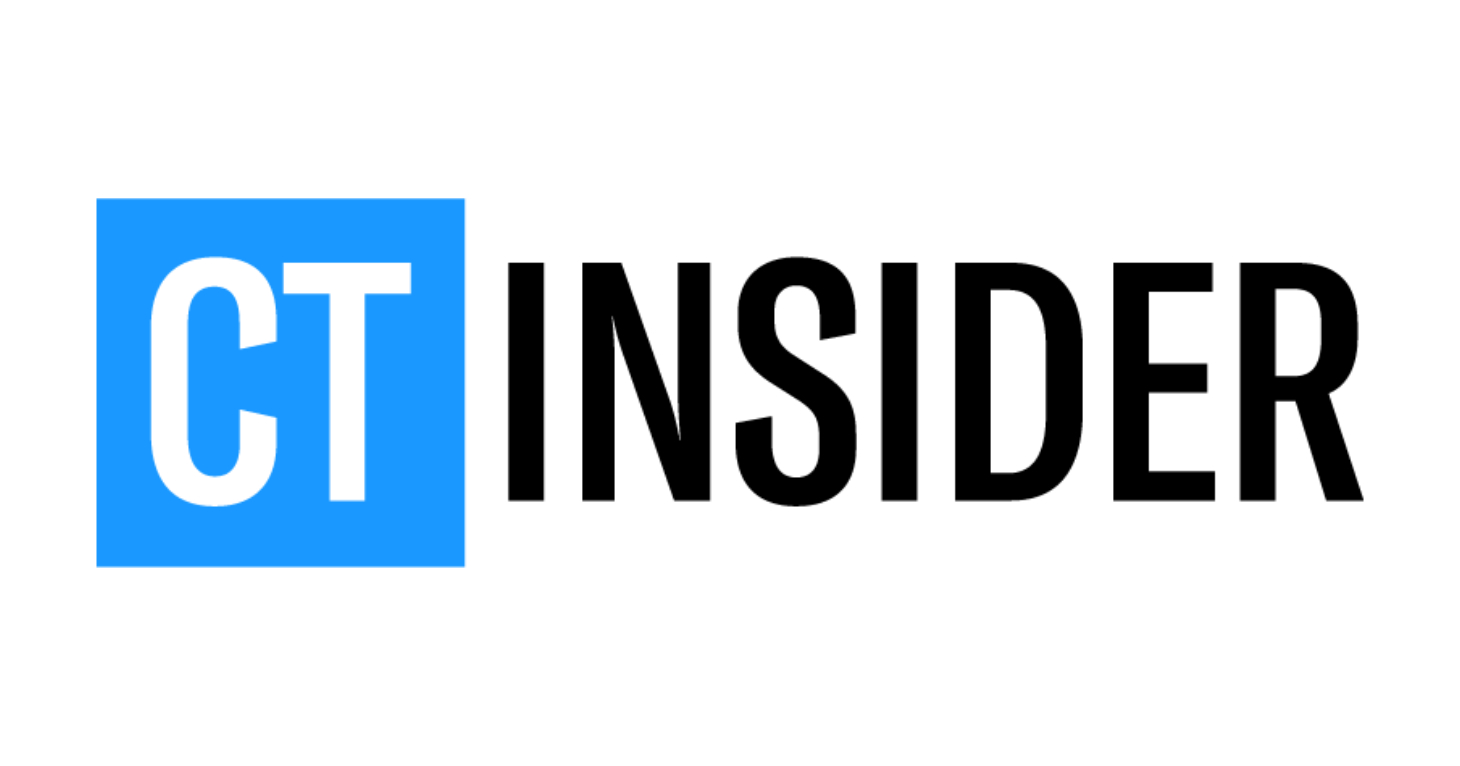
CT company Potoo Solutions helps Amazon spot bogus reviews
Alexander Soule, CT Insider
October 2016: After the U.S. Supreme Court denied a petition for An order the U.S. Supreme Court issues to review a lower court’s judgment., the final judgment for the Ninth Circuit’s January 2016 decision was entered. (Case No. 15-1404, U.S. Supreme Court)
February 2016: The Ninth Circuit Court of Appeals denied objectors’ petitions for rehearing en banc (i.e., a rehearing by all of the judges of the Ninth Circuit, rather than a selected panel).
January 2016: The Ninth Circuit Court of Appeals affirmed the approval of the class-action settlement finding, among other things, that the district court did not abuse its discretion.
February 2014: Class members who appealed the Facebook settlement filed their opening brief with the U.S. Court of Appeals for the Ninth Circuit. The appealing class members have argued that the settlement agreement does not provide that parental consent will be obtained before Facebook uses a minor’s image for advertising. Rather, the settlement authorizes Facebook’s practice of creating ads with images of users it knows to be minors without their parents’ consent, in violation of the laws of seven states — California, Florida, New York, Oklahoma, Tennessee, Virginia, and Wisconsin. (Case No. 13-16819, 9th Cir.)
August 2013: A federal judge approved a $20 million settlement to the class-action lawsuit filed against Facebook in 2011 for allegedly misusing the names and pictures of its members in “Sponsored Stories” promotions. The $20 million will be divided between the plaintiffs’ lawyers, the Facebook users who appeared in the sponsored stories without their consent, who will each receive $15, and certain organizations involved in Internet privacy issues and consumer protection. Under the agreement, Facebook can still post users’ content in ads but will give users more control over how their content is used. Children have to opt-out if they do not want to be used in Facebook’s sponsored stories (they will not be automatically excluded). (Fraley et al. v. Facebook, Inc., Case No. 11-cv-1726, N.D. CA.).
For more information about the Facebook’s “Sponsored Stories” settlement, click here.
Alexander Soule, CT Insider
It’s disingenuous for brands to suggest they are boycotting a platform and then still run ads on that platform.
Political candidates are jumping on the #InfluencerMarketing bandwagon.
Consumer says she was scammed by company, which advertised on Facebook. And she’s not the only one.
More than 1.2 billion users makes for a lot of personal information.
